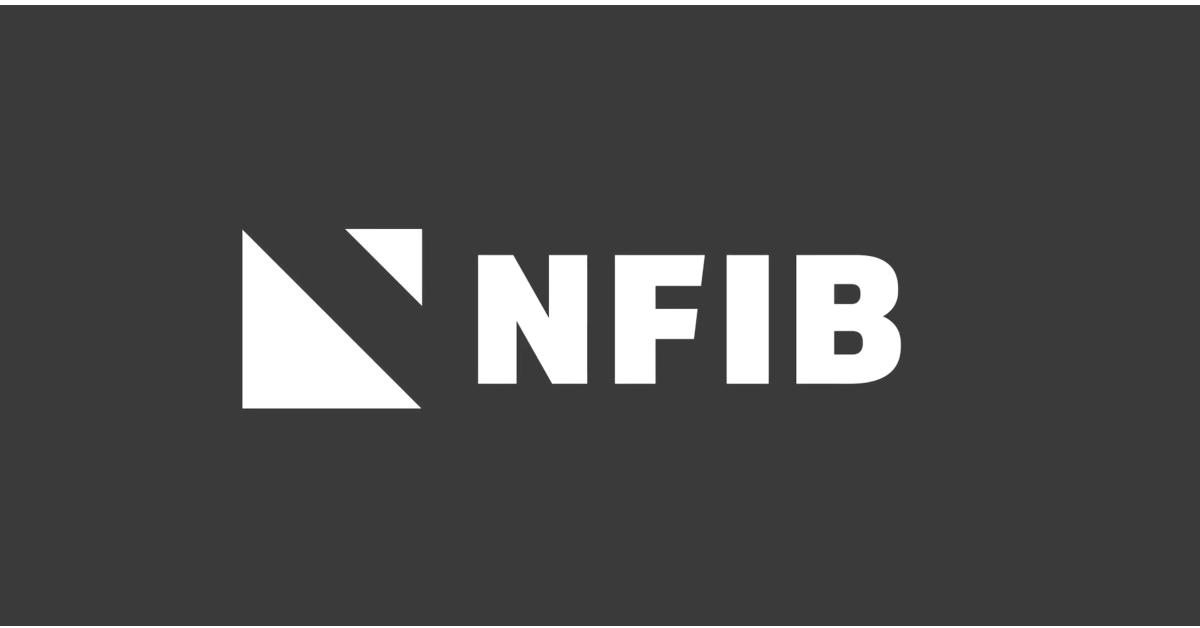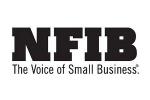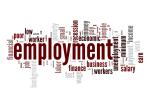WASHINGTON — The Small Business Optimism Index, prepared by the National Federation of Independent Business (NFIB) decreased in February to 89.4, marking the 26th consecutive month below the 50-year average of 98.
The organization reported that 23% small-business owners reported that inflation was their single most important business problem in operating their business, up three points from last month and replacing labor quality as the top problem.
“While inflation pressures have eased since peaking in 2021, small-business owners are still managing the elevated costs of higher prices and interest rates,” says NFIB Chief Economist Bill Dunkelberg. “The labor market has also eased slightly as small-business owners are having an easier time attracting and retaining employees.”
Key findings include:
- Reports of labor quality as the single most important problem for business owners decreased five points to 16%, the lowest reading since April 2020.
- The net percent of owners who expect real sales to be higher increased six points from January to a net negative 10% (seasonally adjusted), an improvement from last month.
- Small-business owners’ plans to fill open positions continue to slow, with a seasonally adjusted net 12% planning to create new jobs in the next three months, the lowest level since May 2020.
- Thirty-seven percent (seasonally adjusted) of all owners reported job openings they could not fill in the current period, down two points from January and the lowest reading since January 2021.
As reported in NFIB’s monthly jobs report, 56% of owners reported hiring or trying to hire in February, and 25% of owners reported few qualified applicants for their open positions and 26% reported none.
Also, 54% of owners reported capital outlays in the last six months, down five points from January. Of those making expenditures, 35% reported spending on new equipment, 23% acquired vehicles, and 15% improved or expanded facilities. Twelve percent spent money on new fixtures and furniture and 6% acquired new buildings or land for expansion. Twenty-one percent (seasonally adjusted) plan capital outlays in the next few months.
A net negative 13% of all owners (seasonally adjusted) reported higher nominal sales in the past three months. The net percent of owners expecting higher real sales volumes improved six points to a net negative 10% (seasonally adjusted).
The net percent of owners raising average selling prices declined one point from January to a net 21% (seasonally adjusted), the lowest reading since January 2021. Twenty-three percent of owners reported that inflation was their single most important problem in operating their business, replacing labor quality as the top problem.
Unadjusted, 16% reported lower average selling prices and 37% reported higher average prices. Price hikes were the most frequent in the finance (59% higher, 2% lower), retail (43% higher, 13% lower), construction (42% higher, 8% lower), services (36% higher, 8% lower), and professional services (36% higher, 0% lower) sectors. Seasonally adjusted, a net 30% plan price hikes.
Seasonally adjusted, a net 35% reported raising compensation, down four points from January and the lowest reading since May 2021. A seasonally adjusted 19% plan to raise compensation in the next three months, down seven points from January and the lowest since March 2021.
Eleven percent cited labor costs as their top business problem, up one point from January and only two points below the highest reading of 13% reached in December 2021. Sixteen percent said that labor quality was their top business problem, the lowest reading since April 2020.
The frequency of reports of positive profit trends was a net negative 31% (seasonally adjusted), a very poor reading. Among those owners reporting lower profits, 29% blamed weaker sales, 15% blamed the rise in the cost of materials, 13% cited usual seasonal change, and 11% cited price change. For owners reporting higher profits, 42% credited sales volumes, 29% cited usual seasonal change, and 14% cited higher selling prices.
The NFIB Research Center has collected Small Business Economic Trends data with quarterly surveys since the fourth quarter of 1973 and monthly surveys since 1986. Survey respondents are randomly drawn from NFIB’s membership. The report is released on the second Tuesday of each month. This survey was conducted in February 2024.
Have a question or comment? E-mail our editor Dave Davis at [email protected].






























































